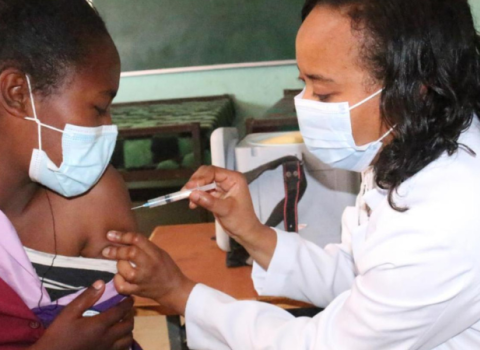Research collaboration
ACE BioSciences of Odense, Denmark, is teaming up with Cambridge BioStability Ltd (CBL), in the development of a vaccine against travellers’ diarrohea.
ACE BioSciences has in-licensed CBL’s HolaVax, an oral Phase I vaccine against Enterotoxigenic E. coli (ETEC), the single biggest cause of this affliction.
Under the terms of the agreement, CBL receives an initial up-front payment and rights to milestone and royalty payments on the successful completion of clinical trials and sales.
HolaVax, which contains three different strains of attenuated ETEC, is due to complete proof of concept studies in 2009. It is differentiated from other ETEC vaccines in development because it has a dual action, preventing bacteria sticking to and colonising the small intestine and neutralising the activity of the LT toxin, a key cause of diarrhoea.
ETEC is the single largest bacterial cause of travellers’ diarrhoea, followed by campylobacter, salmonella and shigella. ACE BioSciences is already developing a vaccine to address Campylobacter infection, ACE393, and this is in Phase II clinical trials. Market launch is scheduled for 2010.
Ingelise Saunders, CEO of ACE BioSciences, said HolaVax is a perfect strategic fit. “It complements our campylobacter vaccine and would follow it closely to market. Its dual action sets it apart from competitive programmes and should enable it to provide greater disease protection.
“In the first instance we intend to develop it as a stand-alone vaccine, but in the longer term there is potential to develop an oral combination vaccine to address ETEC and campylobacter.”
At present there is no vaccine that is widely approved for specific use against ETEC.





 A unique international forum for public research organisations and companies to connect their external engagement with strategic interests around their R&D system.
A unique international forum for public research organisations and companies to connect their external engagement with strategic interests around their R&D system.